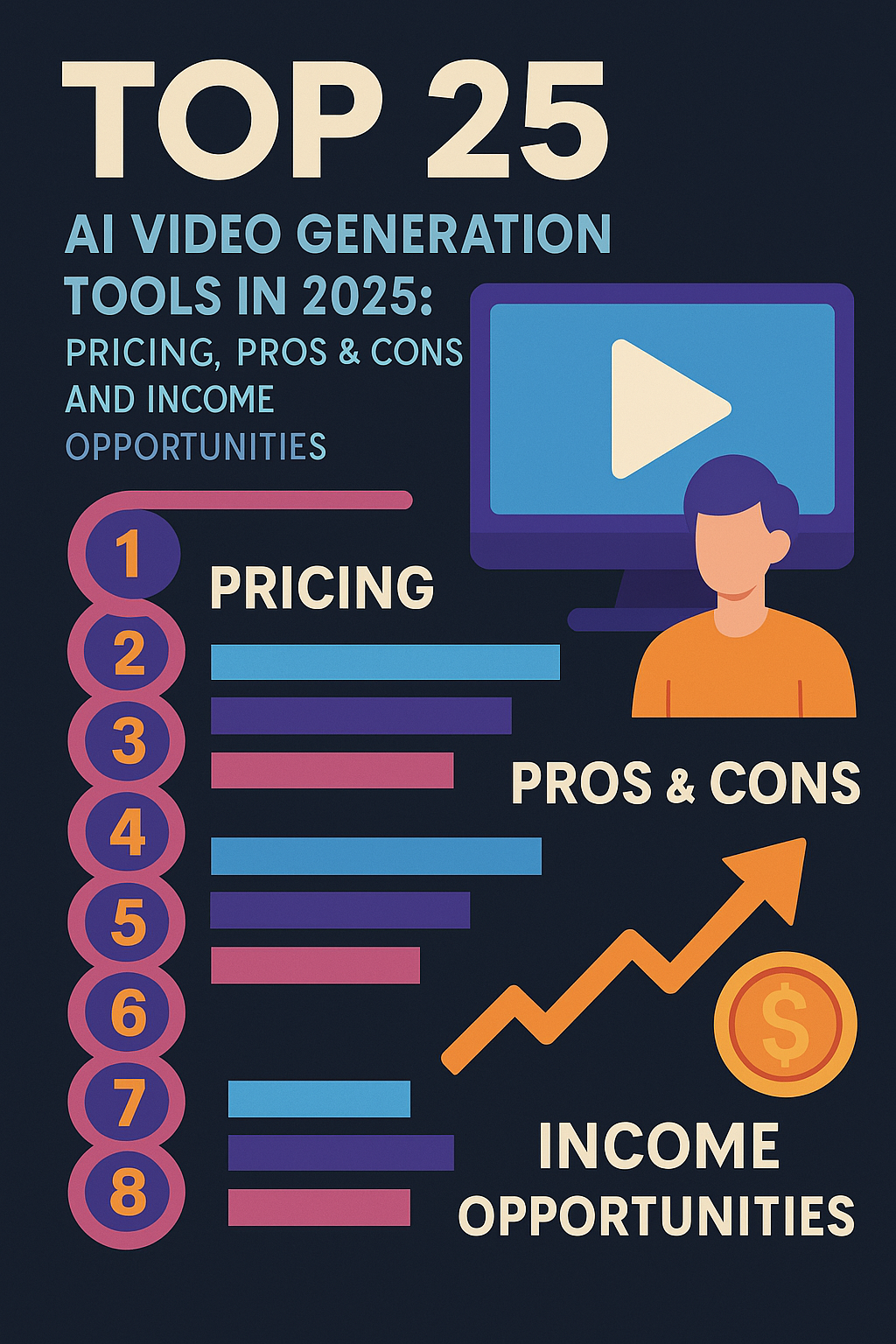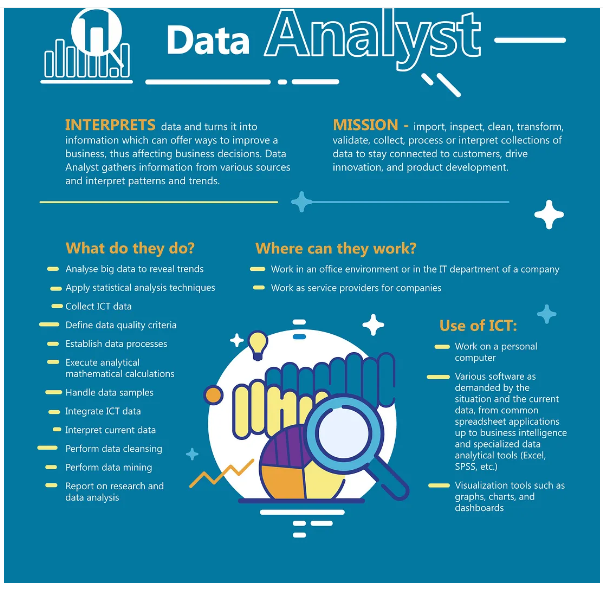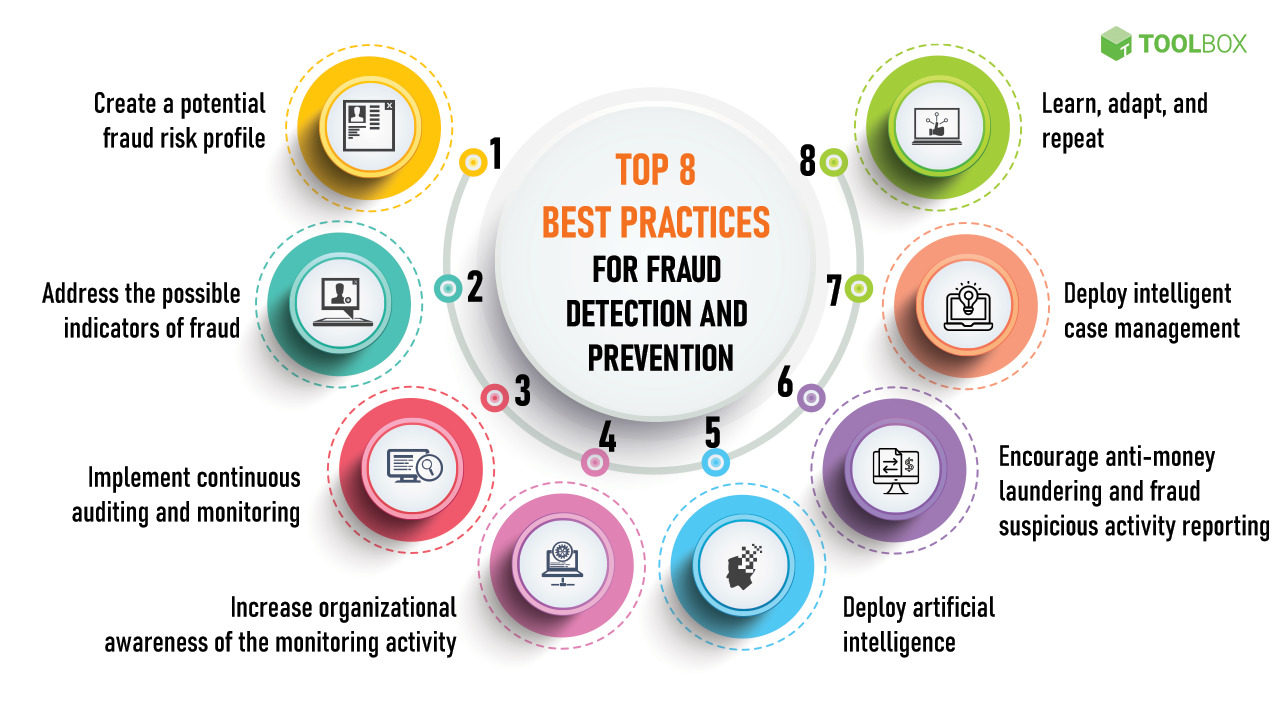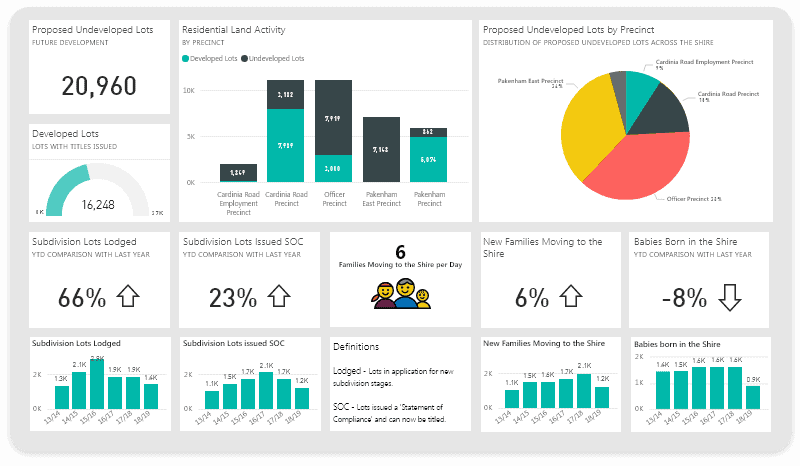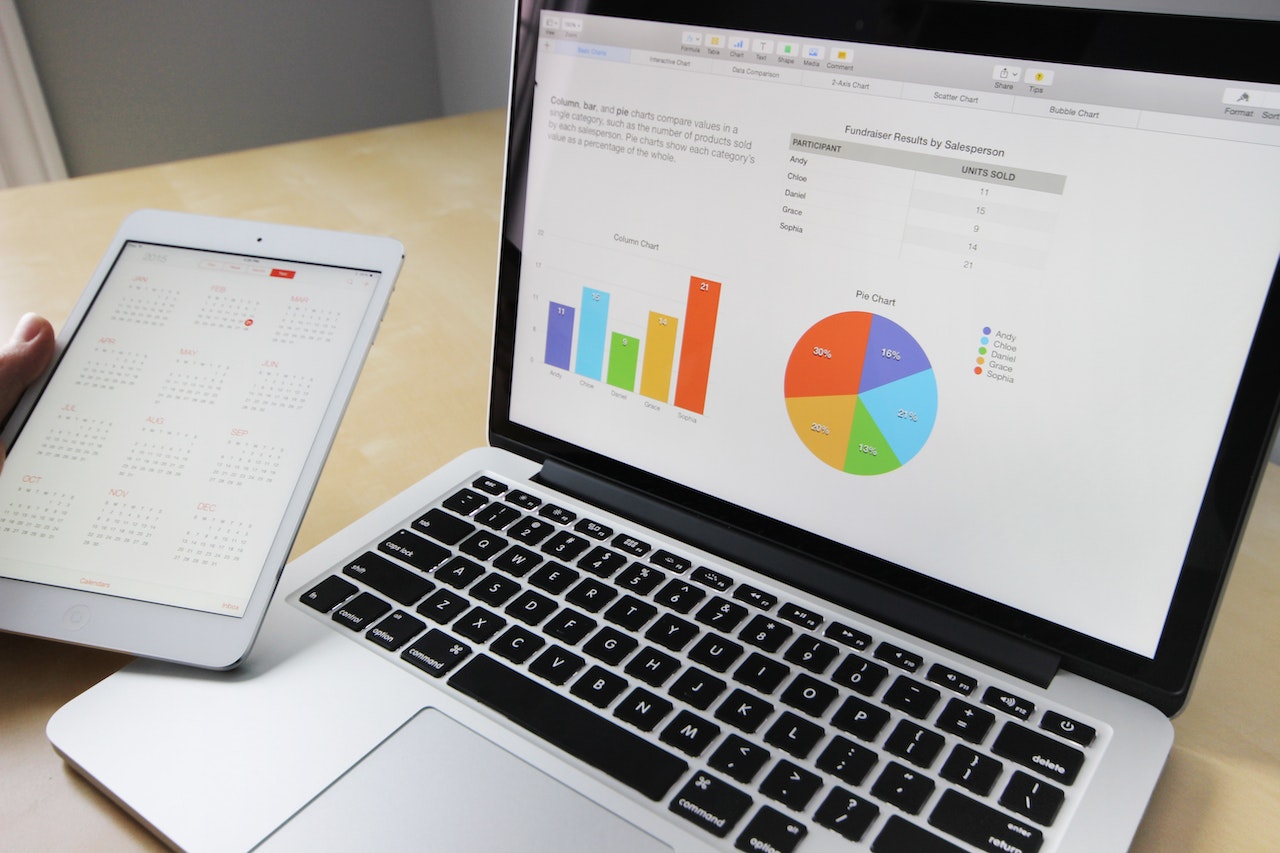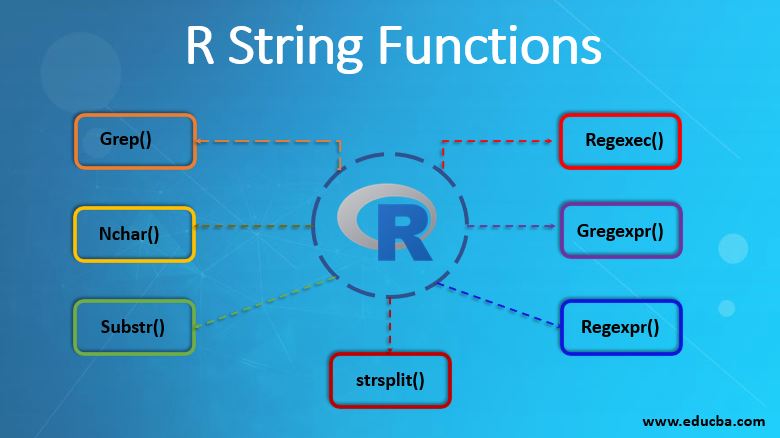
In today’s digital landscape, marketing success hinges on a measurable impact. Enter performance marketing, a results-oriented approach where advertisers pay only for specific actions taken by users. This stands in stark contrast to traditional advertising models where payment is based on impressions (views) or placements (ad location).
This guide delves deep into the world of performance marketing, exploring its processes, essential tools, and effective techniques to maximize your return on investment (ROI).
The Performance Marketing Process: A Step-by-Step Guide
- Define Your Goals and Objectives:
The foundation of any successful marketing campaign is a clear understanding of your goals. What do you aim to achieve? Here are some common performance marketing objectives:
- Increase brand awareness: Get your brand in front of a wider audience.
- Drive website traffic: Attract more visitors to your website.
- Generate leads: Capture valuable user information for future marketing efforts.
- Boost sales and conversions: Convert website visitors into paying customers.
- Identify Your Target Audience:
Who are you trying to reach with your marketing message? Understanding your ideal customer profile (ICP) is crucial for crafting targeted campaigns that resonate. Consider demographics, interests, online behavior, and pain points to build a buyer persona.
- Choose Your Performance Marketing Channels:
The beauty of performance marketing lies in its diverse range of channels, allowing you to tailor your approach to your target audience and goals. Here are some popular options:
- Search Engine Marketing (SEM): Utilize platforms like Google Ads to display targeted ads on search engine results pages (SERPs) when users search for relevant keywords. You pay only when someone clicks on your ad.
- Pay-Per-Click (PPC) Advertising: Similar to SEM, PPC allows you to place ads on various online platforms beyond search engines, like social media websites and news sites. You pay each time a user clicks on your ad.
- Affiliate Marketing: Partner with website owners or influencers who promote your products or services on their platforms. You pay them a commission for each sale or lead generated through their efforts.
- Content Marketing: Create valuable and informative content (blogs, articles, infographics) to attract and engage your target audience, ultimately driving conversions.
- Social Media Marketing: Leverage social media platforms like Facebook, Instagram, and Twitter to connect with your audience, promote your brand, and drive website traffic.
- Set Up Tracking and Measurement:
Data is the lifeblood of performance marketing. Implementing tracking tools allows you to monitor campaign performance, analyze user behavior, and identify areas for improvement. Popular tools include Google Analytics, UTM parameters, and conversion tracking pixels.
- Optimize and Refine:
Performance marketing is an iterative process. Analyze your campaign data regularly to see what’s working and what’s not. A/B test different ad variations, landing pages, and call-to-actions (CTAs) to identify the most effective combinations. Continuously optimize your campaigns to maximize ROI.
Essential Tools for Performance Marketing Success:
- Analytics Platforms: Tools like Google Analytics and Adobe Analytics provide in-depth insights into website traffic, user behavior, and campaign performance.
- Campaign Management Platforms (CMPs): Manage and optimize your campaigns across multiple channels from a single platform. Popular options include Google Ads, Facebook Ads Manager, and Microsoft Advertising.
- Landing Page Builders: Create high-converting landing pages that are designed to capture leads or drive sales. Examples include Unbounce, Leadpages, and Instapage.
- Affiliate Marketing Networks: Connect with affiliates and track their performance through platforms like ClickBank, ShareASale, and Commission Junction.
- Creative Design Tools: Tools like Canva and Adobe Photoshop can help you create compelling visuals for your marketing campaigns.
- Email Marketing Platforms: Tools like Mailchimp and Constant Contact allow you to send targeted email campaigns to nurture leads and drive conversions.
Effective Performance Marketing Techniques
- Targeting: Leverage audience targeting options offered by various platforms to reach the right people with your message. This can be based on demographics, interests, online behavior, and past interactions.
- Retargeting: Reconnect with website visitors who haven’t converted yet by showing them targeted ads on other websites they visit. Retargeting campaigns can be highly effective in driving conversions.
- Content Marketing: Publish valuable content that educates, entertains, and informs your target audience. This helps establish brand authority, attract organic traffic, and build trust with potential customers.
- Personalization: Deliver personalized experiences to your audience by tailoring your marketing messages and offers to their individual needs and preferences. This can significantly improve engagement and conversion rates.
- A/B Testing: Test different variations of your ad copy, landing pages, CTAs, and email subject lines to see which ones perform best. A/B testing allows you to identify the most effective elements for your campaigns and optimize them for better results.
- Programmatic Advertising: Utilize automated platforms to buy and sell ad space across the web in real-time. This offers greater efficiency and targeting capabilities compared to traditional ad buying methods.
- Influencer Marketing: Partner with social media influencers who have a strong following in your target market. Leverage their reach and credibility to promote your brand and products to their audience.
- Search Engine Optimization (SEO): While not strictly a performance marketing technique, SEO plays a crucial role in attracting organic website traffic, which can ultimately lead to conversions. Optimize your website content and structure for relevant keywords to improve your ranking in search engine results pages (SERPs).
Advanced Performance Marketing Strategies
Beyond the foundational techniques, performance marketing offers advanced strategies for experienced marketers:
- Attribution Modeling: Understand how different touchpoints (website visits, ad clicks, social media interactions) contribute to conversions. This helps you allocate marketing budget more effectively and attribute value to each channel in the customer journey.
- Predictive Analytics: Leverage data and machine learning algorithms to predict future customer behavior and personalize your marketing efforts accordingly. This can help you target the right people with the right message at the right time.
- Dynamic Creative Optimization (DCO): Automatically generate and deliver personalized ad creatives to individual users based on their real-time data and past interactions. This allows for highly targeted and relevant advertising experiences.
- Lookalike Audiences: Utilize social media platforms like Facebook to create “lookalike audiences” that share similar characteristics with your existing customer base. This allows you to expand your reach and target potential customers who are more likely to convert.
The Benefits of Performance Marketing
- Measurable Results: Track campaign performance in real-time and see exactly how your marketing dollars are being spent. This allows you to optimize your campaigns for maximum ROI.
- Cost-Effective: Only pay for specific actions taken by users, such as clicks, leads, or sales. This eliminates wasted spending on impressions or placements that don’t generate results.
- Targeted Reach: Reach the right audience with your message by leveraging various targeting options offered by different channels.
- Increased ROI: By optimizing your campaigns and focusing on what’s working, performance marketing can significantly improve your return on investment.
- Scalability: Easily scale your campaigns up or down based on your budget and performance metrics.
Challenges of Performance Marketing
- Competition: The online advertising space is highly competitive, making it challenging to stand out and reach your target audience.
- Data Analysis: Effectively analyzing and interpreting campaign data requires a certain level of expertise.
- Attribution Complexity: Attributing conversions to specific touchpoints in the customer journey can be complex, especially for multi-channel campaigns.
- Constant Optimization: Performance marketing is an ongoing process that requires continuous monitoring, testing, and optimization.
- Technical Expertise: Utilizing various tools and platforms effectively can require some technical knowledge.
Conclusion
Performance marketing empowers businesses to achieve their marketing goals in a measurable and cost-effective way. By understanding the process, utilizing the right tools, and implementing effective techniques, you can optimize campaigns, maximize ROI, and achieve sustainable marketing success. Remember, performance marketing is an ongoing journey of experimentation, adaptation, and continuous improvement. Embrace a data-driven approach, stay informed about the latest trends, and refine your strategies to stay ahead of the curve.












